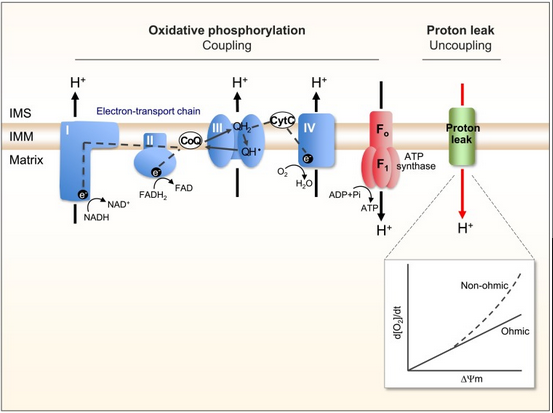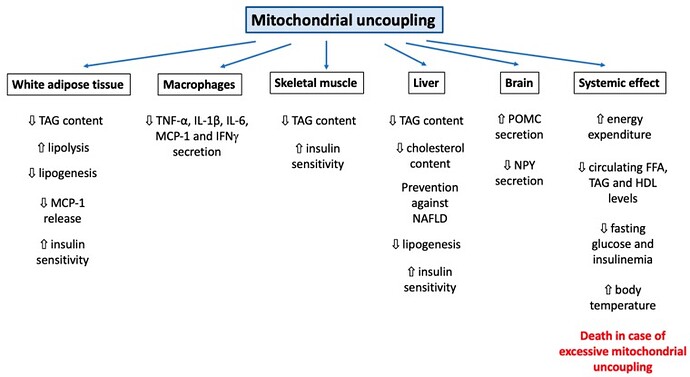thanks I am holy carrot no need for potato
I sense really great people. People that are wise and smart reading the thread right now
hmmmmm what should these people do? Write their thoughts here of course.
Here we learn and we need you to expand our knowledge!
Become now a member of our group at the cost of what? what’s that I am hearing? Fun and learning?
Is this true?
Yes it is join now with one comment!
Does anyone know what uncoupling mitochondria means?


my sense stopped working when you came
Mitochondrial uncoupling is any process by which electron transport is not used to drive ATP synthesis or to do other useful work such as net ion translocation
happen to explain it to me more simply?
It means listen to plasma mitochondria.
come on man I am asking sincerely
But I go sleep now my hands will write answers as I am sleeping meditationaly



I can feel universe



I am the best

Stop talking to yourself

that’s mitochondria uncoupling
so when an audio says it, it does thing. It leakes proton?
So is that a good thing?
why delete? let it up I mean it may be that. I think uncoupling is any job that the mitochondria has to do instead of producing more energy like dividing
broooooooooooooooooooooooo
don’t delete comments
Most interesting part of the article hmmm yes
Conflicts of Interest
The authors declare no conflicts of interest.
Mitochondrial uncoupling is often perceived as an isolated cellular mechanism or a dysfunction. However, the induction of such a condition not only impacts mitochondrial respiration but can also activate or hamper multiple cellular mechanisms, including bulk and specific forms of autophagy, ROS production regulation, protein secretion, physical exercise capacity, and adipose tissue biology (Figure 1). These responses are complex and often rely on the combination of several biological features (species, cell type), physical (temperature), and/or chemical (ion concentration, lipid composition of membranes, nature of the uncoupler) parameters. Unfortunately, the cellular consequences have not been studied rigorously. Indeed, most mechanistic studies have focused on the impact of classical but non-specific mitochondrial uncouplers, such as DNP or FCCP. Therefore, it could be difficult to discriminate effects directly imputable to mitochondrial uncoupling from unspecific effects. The continuous development of new mitochondria-specific uncoupling agents should greatly improve our knowledge of the cellular consequences of mitochondrial uncoupling. Moreover, the identification of such compounds, safer than classic DNP, should also eliminate their use in the treatment of human diseases, such as obesity (and associated complications) or some forms of cancers, in order to improve safety.
The more i read the more confusing it gets.

